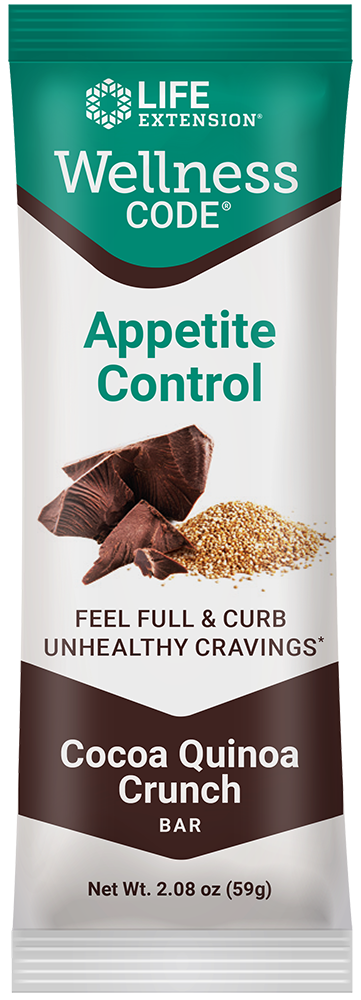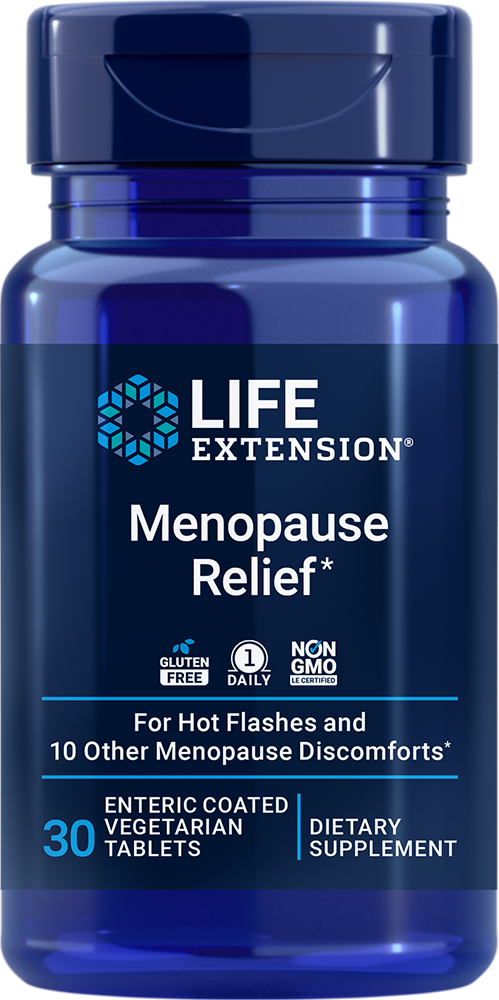
Newsletter
Newsletter
Poison Control Centers Data supports supplement safety



February 12, 2019
The February 12, 2019 issue of Life Extension Update describes the results of the latest report of the American Association of Poison Control Centers’ National Poison Data System that includes data from 201. While prescription drugs were unsurprisingly associated with a significant percentage of fatalities, nutritional supplements demonstrated remarkable safety.
Annual Poison Control Centers report adds evidence in support of the safety of supplements
According to information provided by the 35th annual report of the American Association of Poison Control Centers’ National Poison Data System, nutritional supplements are associated with a high level of safety.
Data used to compile the report was submitted by 55 regional poison centers serving the 50 United States, the District of Columbia, American Samoa, Micronesia, Guam, Puerto Rico and the U.S. Virgin Islands. Of 2,115,186 human exposure cases documented, the most common were associated with analgesic drugs, at 11%, followed by household cleaning products at 7.43%. (Exposures do not necessarily include an overdose or poisoning.) The National Poison Data System documented 1,388 deaths in 2017 that were judged to be exposure-related.
Dietary Supplements/Herbals/Homeopathic, Electrolytes and Minerals, and Vitamins were included under Pharmaceuticals in the 2018 report. Among the top 25 substances in the Pharmaceuticals category that were associated with the greatest number of fatalities, sedatives/hypnotics/antipsychotics were associated with the most deaths, followed by opioids, stimulants and street drugs, and miscellaneous alcohols. No nutritional supplements made the list.
There were no deaths documented in association with vitamin A, vitamin C, vitamin E, niacin, pyridoxine (B6), other B vitamins, adult or pediatric multiple vitamins, calcium, chromium, potassium, selenium, vanadium, zinc, amino acids, creatine, blue-green algae, glucosamine, chondroitin, homeopathic remedies, Asian medicine, ayurvedic medicines, and a list of popularly consumed herbs.
The Poison Control Centers’ report clearly demonstrates the significant safety of dietary supplements, especially when compared to documented deaths from pharmaceutical medication. As asked in a release titled “Nutritional Supplement Safety Again Confirmed by America's Largest Database,” by Orthomolecular Medicine News Editor Andrew W. Saul, PhD, “If nutritional supplements are allegedly so ‘dangerous,’ as the FDA, the news media, and even some physicians still claim, then where are all those bodies?”
So many supplements … it's easy to get confused. No worries — the Supplement Guide will help you choose the best products that are right for you.
We'll ask you simple questions, like your age, gender, and what health concerns are important to you. (All your answers are confidential.) This way, you get the right nutritional foundation to stay healthy and live better.
Find Your Supplements
Be among the first to potentially benefit from cutting-edge therapies, including innovative nutritional approaches, that may improve your quality and length of life.Learn More |
 |
|
|||||||||||||||||
|
||||||||||||||||||
 |
|
|||||||||||||||||
|
||||||||||||||||||
How Life Extension lab testing works
Connecting to Agent...
Who would you like to talk to?
Chat Hours:
Visit Contact Us or Call us:
7 days a week | 24 hours
Mon - Fri | 7:30 AM - 12 AM (ET)
Sat & Sun | 9 AM - 12 AM (ET)
How was your experience with our Agent?